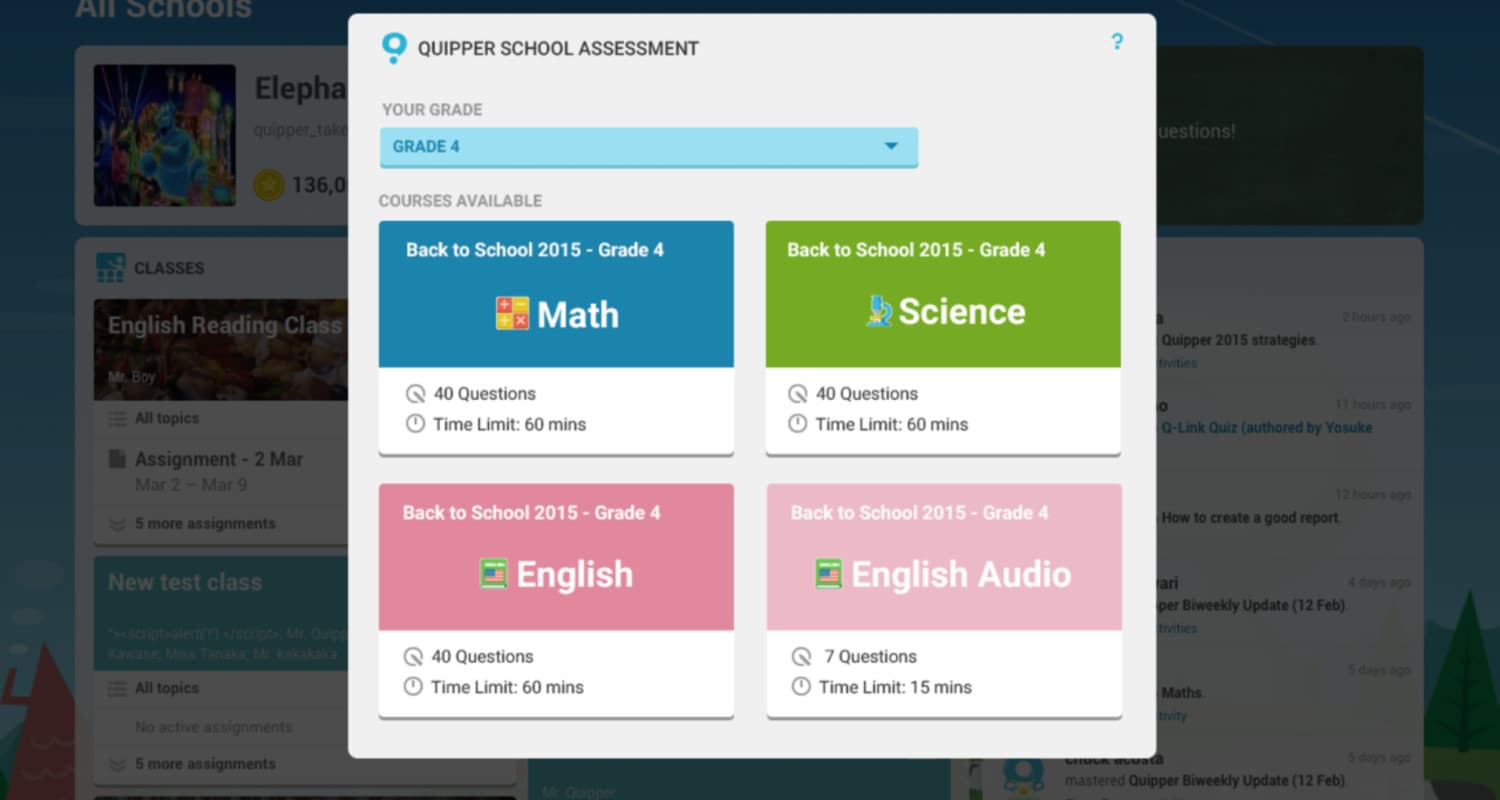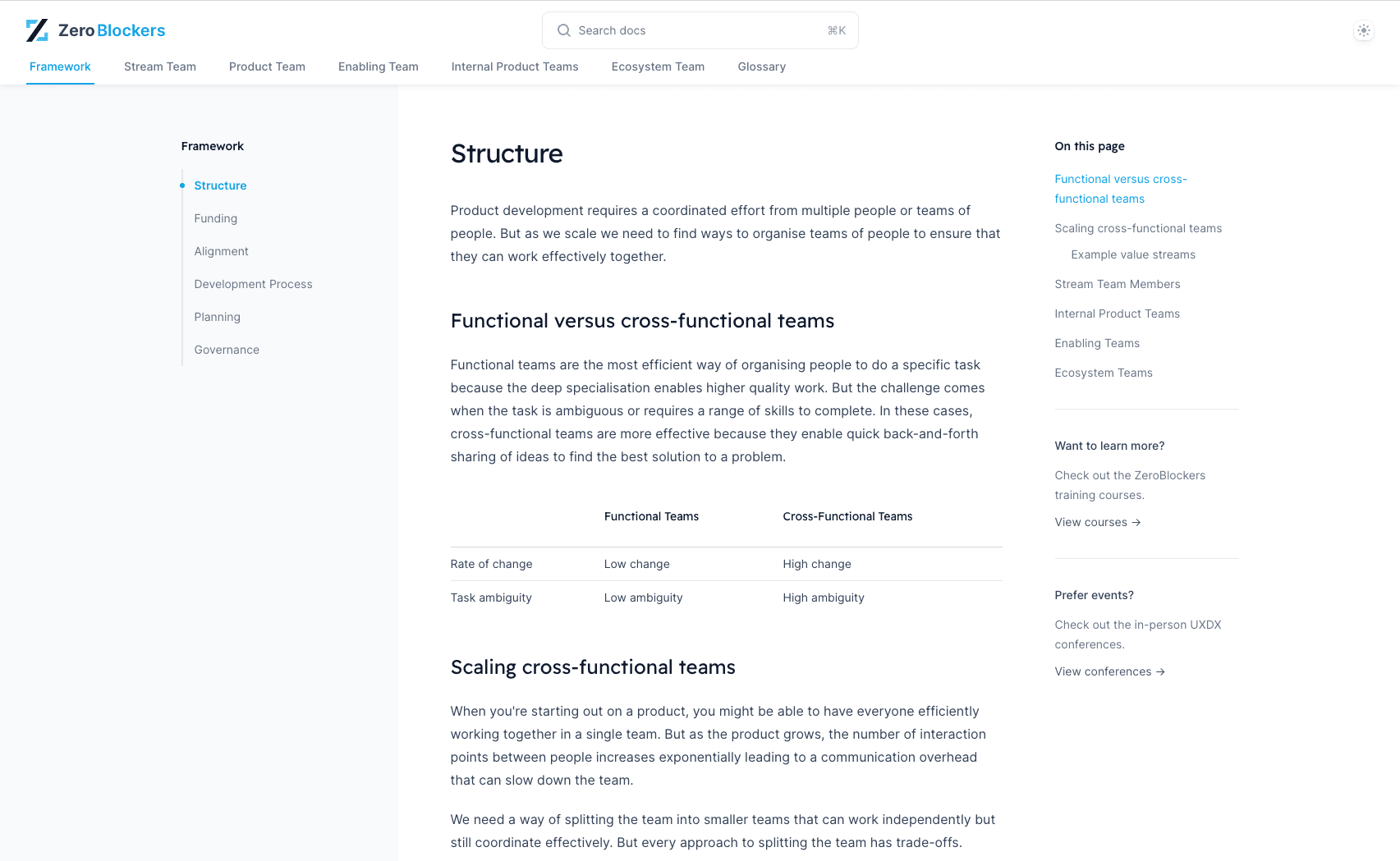Case StudyInternal Product Team: Internal Product Teams - Scaling Effectively with Platform Teams
Quipper, an educational technology company, faced significant challenges in early 2020 due to the sudden shift to online education prompted by the COVID-19 pandemic. The company experienced a drastic increase in user demand as teachers and students transitioned to using Quipper's platforms for synchronous education. This unexpected growth led to increased traffic, higher demand for new features, and the discovery of numerous bugs, all of which threatened the stability and performance of their systems.

The Solution
Quipper formed platform teams dedicated to optimizing the scalability and performance of their core systems. This strategic move allowed them to focus on both immediate technical needs and long-term infrastructure improvements.
- Platform Optimization Efforts: Quipper initiated a platform optimization project, halting new feature development to concentrate on system stability and performance. This included code clean-up, performance improvements, and database optimizations to handle higher capacity and traffic.
- Enhanced Communication and Coordination: Establishing clear communication channels across platform teams and other departments was crucial. Weekly updates and an incident management flow ensured all teams were aligned and informed about ongoing issues and solutions.
- Proactive Incident Management: Developers were put on standby during peak usage times to promptly address any arising issues. This proactive stance helped minimize disruptions during critical hours of platform use.
Outcomes achieved
Platform Teams at Quipper resulted in several significant improvements, allowing the company to handle growth effectively.
- Stabilized Systems: Significant reduction in application crashes and improved response times were observed. The optimization efforts ensured that the platform could handle increased usage without major incidents.
- Improved Scalability: The enhanced auto-scaling configurations and database optimizations allowed Quipper to manage peak traffic effectively, ensuring a stable user experience even during high-demand periods.
- Cross-Platform Collaboration: Regular updates and cross-team communication fostered a culture of collaboration, leading to shared learnings and best practices across teams. This improved overall efficiency and problem-solving capabilities.
- Enhanced User Experience: With fewer crashes and faster response times, the user experience for teachers and students improved significantly. This stability was crucial for maintaining user trust and satisfaction during the transition to online education.
- Continuous Improvement: The experience underscored the importance of ongoing optimization and proactive planning. Quipper committed to continuous improvements and establishing workflows to better anticipate and address future challenges.
